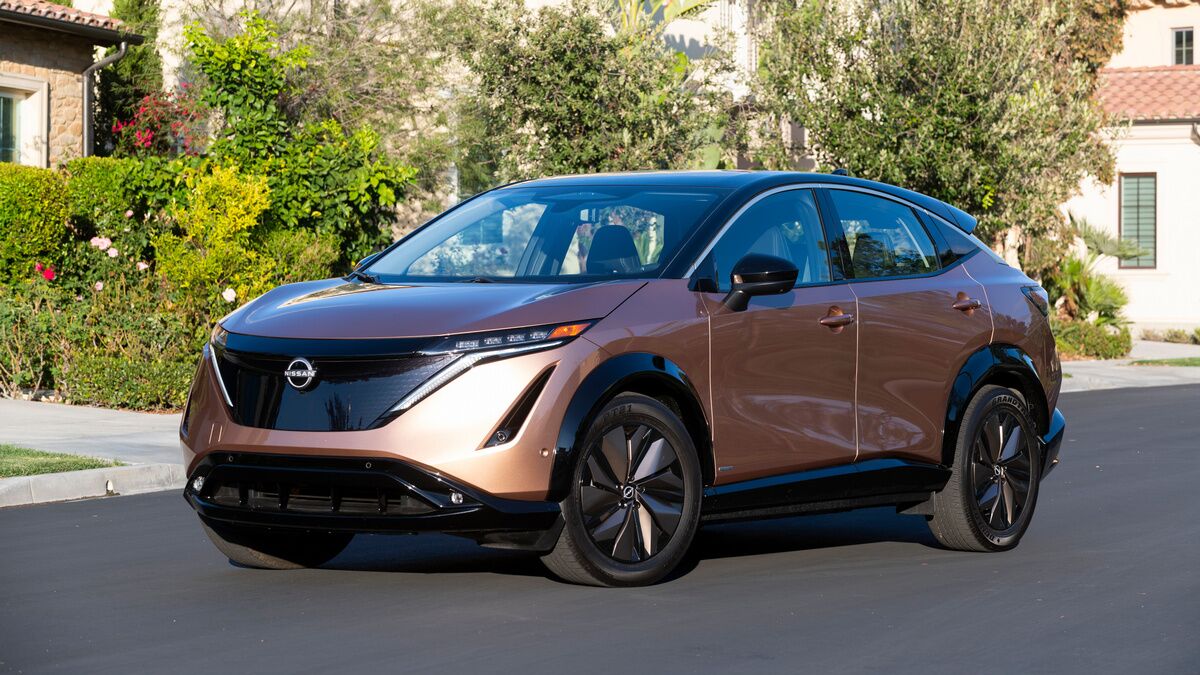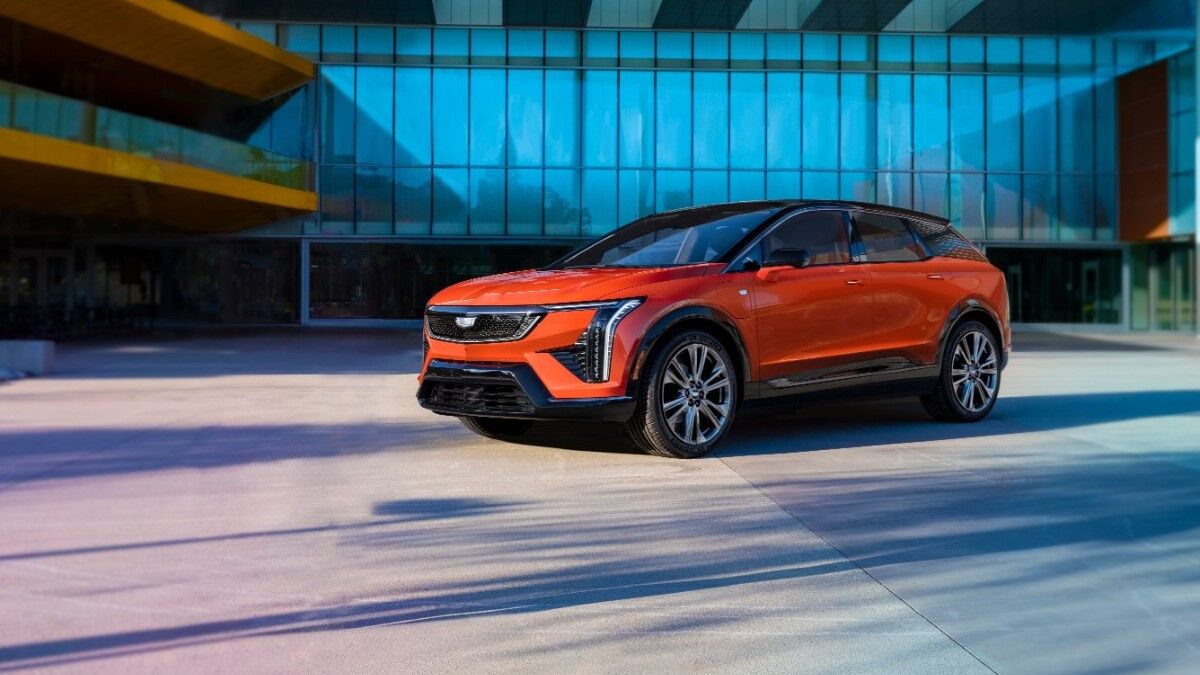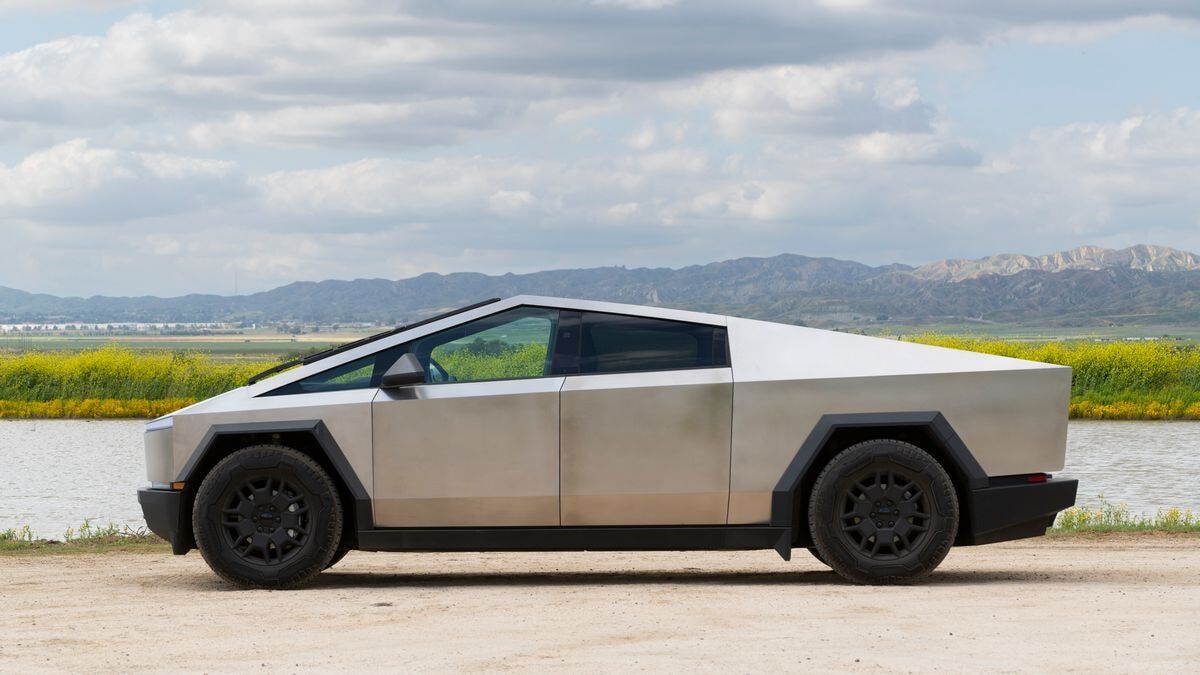
Not Just Tax Rebates
The Inflation Reduction Act revamped the way the federal government pays tax rebates to buyers of electric vehicles (EVs).
Among other things, it allows Americans to claim a $7,500 tax rebate on many EVs built in North America, provided the vehicle fits under certain price caps and the taxpayer under certain income caps.
Related: How Do Electric Car Tax Credits Work?
That provision of the law has already had an impact, with some automakers moving production to North America to help their customers qualify.
But that may not be the law’s most important provision for the automotive industry.
Industry analyst Ion Yadigaroglu is the co-founder of Capricorn Investment Group. He tells Bloomberg Green that “the biggest part” of the law is a provision buried 156 pages in. It provides subsidies for EV batteries built in the U.S.
“Very simply stated, if you build a factory and run it in America, and it makes a battery, as the battery pack leaves the factory, you get $45 a kilowatt hour,” Yadigaroglu explains.
Subsidy Cuts Battery Costs By At Least 1/3
In a November 2021 report, Bloomberg New Energy Finance found that “Lithium-ion battery pack prices, which were above $1,200 per kilowatt-hour in 2010, have fallen 89% in real terms to $132/kWh.”
A $45 government subsidy, then, would cover more than a third of the cost of building every EV battery.
Automakers are working feverishly to bring down battery production costs. Car and Driver reports that “Tesla is now thought to be at or below $100/kWh” for its batteries. A $45 subsidy could cut Tesla’s battery costs almost in half.
Battery production costs come down as production scales up. The subsidy could cover “the entire cost of making a battery pack within the 10-year span” of the law, Yadigaroglu says.
The catch? Government agencies are still writing the rules that will carry out the law. But, as it stands today, almost no automaker qualifies for the subsidy.
Today, most automakers buy their batteries from third-party suppliers. Most of those suppliers build batteries overseas.
But, Car and Driver says, the provision may mean that automakers ultimately profit most from building batteries themselves in factories located in the U.S.







